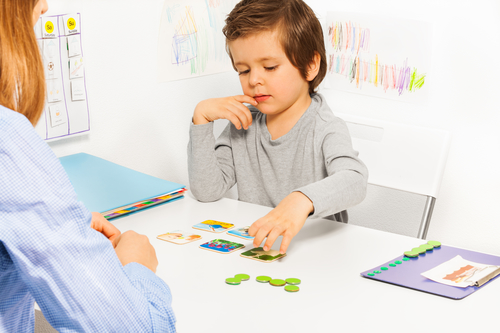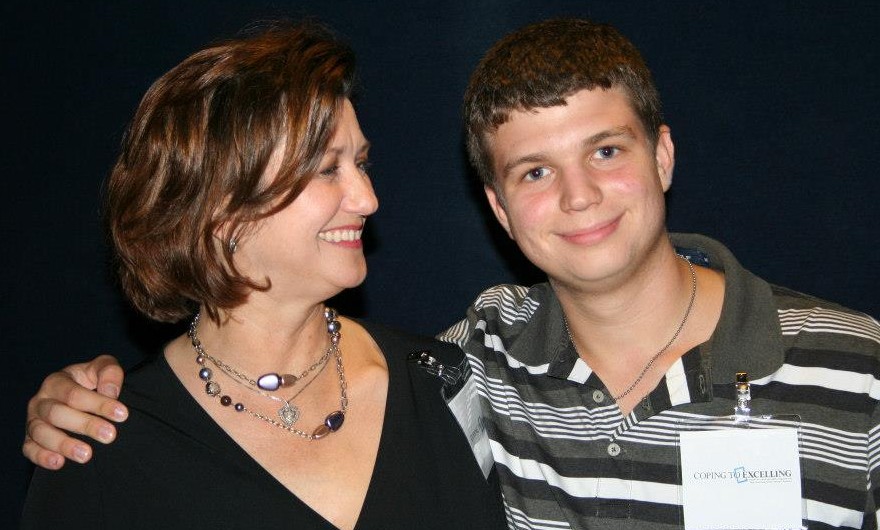A Quote Worth Contemplating…
This blog was last posted in 2014. As the new school year begins, this young mans viewpoint of peer exclusion helped him (and his parents) to go in another direction altogether. We hope it inspires you too. – Aspergers101
When asked about living with Autism, without prompt nor expectation of any kind, this quote came from our son Sam (then 15 years of age) during an interview for the documentary “Coping to Excelling”.

“Don’t worry about the impairments that God included in this package….think about the good stuff in the package God gave you.” -Sam Allen July 2011
These are Sam’s words of advice to anyone living with an impairment, disability or challenge of any kind. His words, though brief, are quite powerful for someone in their mid-teens. I share this because as a person of faith, this is a good way of thinking…maybe for us all.
Chances are anyone with High Functioning Autism or Aspergers Syndrome are not just challenged with the autism but with the comorbidities that typically go along with the diagnosis of ASD. Comorbidities such as ADD, ADHD, OCD, bi-polar or anxiety (to name a few) all challenge and can hinder daily life. We fight daily to overcome these obstacles while oftentimes losing sight of the strengths that do come with the Asperger or HFA diagnosis.
Strengths and ‘gifts’ may include that intense interest in one subject. That hyper-focus may drive family members batty but that is the very ‘good stuff’ Sam is talking about. Issac Newton, Einstein, Steve Jobs and John Nash are all said to have had Aspergers Syndrome. Their ability to focus intensely on one subject allowed them to do great things! Though Sam was never invited to his peer’s birthday parties or gatherings, his absorption in the topic of that time brought him to build a low-powered FM radio station from his bedroom as well as a high-powered gaming computer from scratch. This is a gift so go with it. If their interest happens to be the constellation, seek the stars with your Aspie by laying a blanket on the ground in the backyard at 2am. If it’s trains, go to train museums and allow them to ask the volunteers questions till their hearts content. You get the idea.
This quote now hangs by our front door so as we leave our house everyday…we are all reminded of our worth, no matter our flaws or challenges. Point being…the quote above came from a beautiful mind that is literally wired differently and who knows God doesn’t make mistakes no matter what bullying peers have said. Sam truly believes to his core not to “sweat the small stuff” but to focus on the good. I think that’s a good lesson for neuro-typicals as well!
by: Jennifer Allen
Gabriela Lemos was born in Porto Alegre, Brasil, and was raised in San Antonio, Texas. She is currently a student at UTSA, graduating in December 2014 with a Bachelor degree in English. Brie states that she loves language and words, and the way in which people communicate with each other. She has always been interested and attracted to the autism community. “I find those on the spectrum to be incredible in so many ways, and I believe we can all learn from each other in our different strengths and weaknesses. I would love to use my talents to aid those who are not as strong in areas which I have confidence, and in turn receive an infinite amount of lessons and aid from those who I work with. Everything you send out, comes back to you, and I plan to practice sending out love and compassion every day”. We feel so fortunate to offer Brie’s talent of writing as well as her passion for autism awareness every week through our Aspergers101 Weekly.






